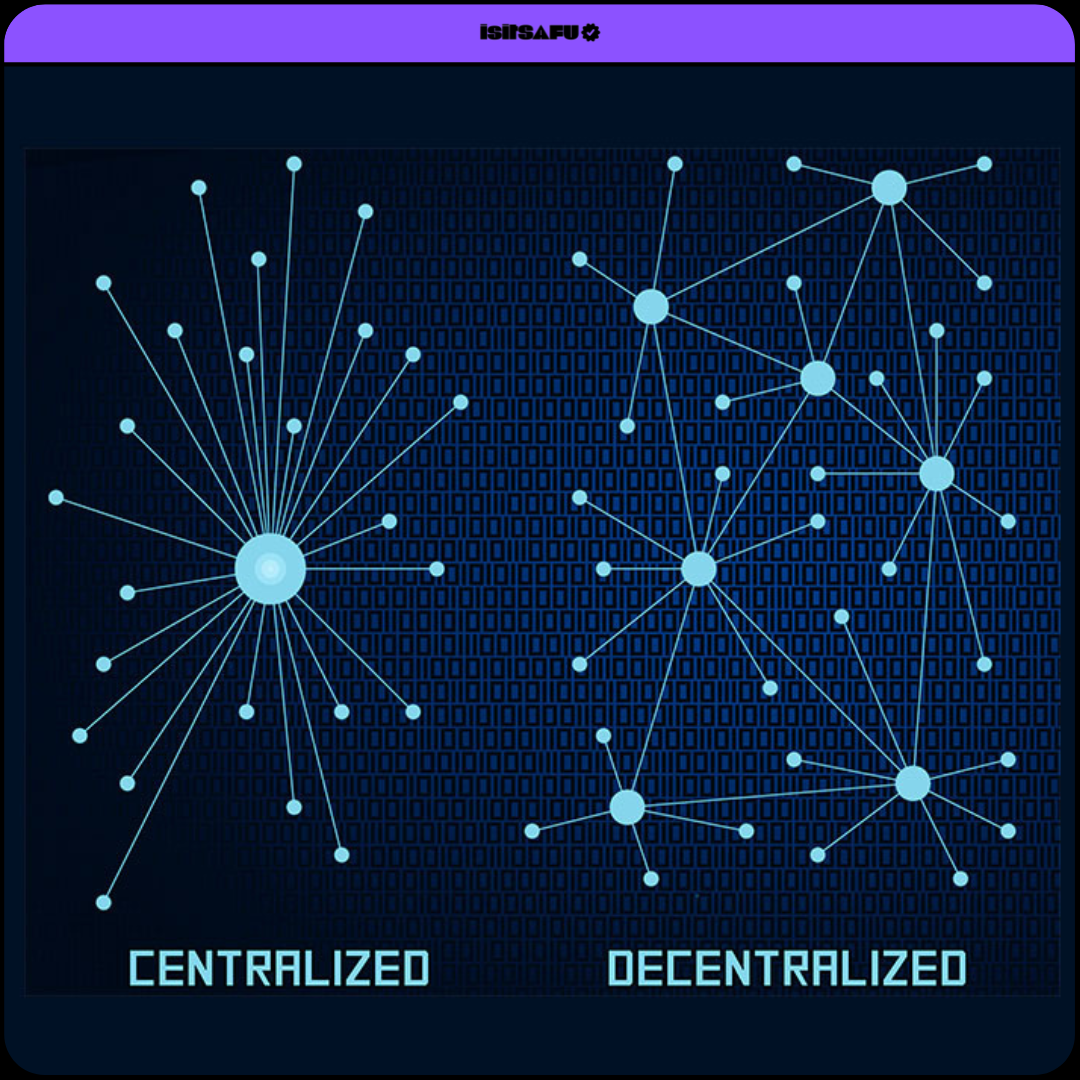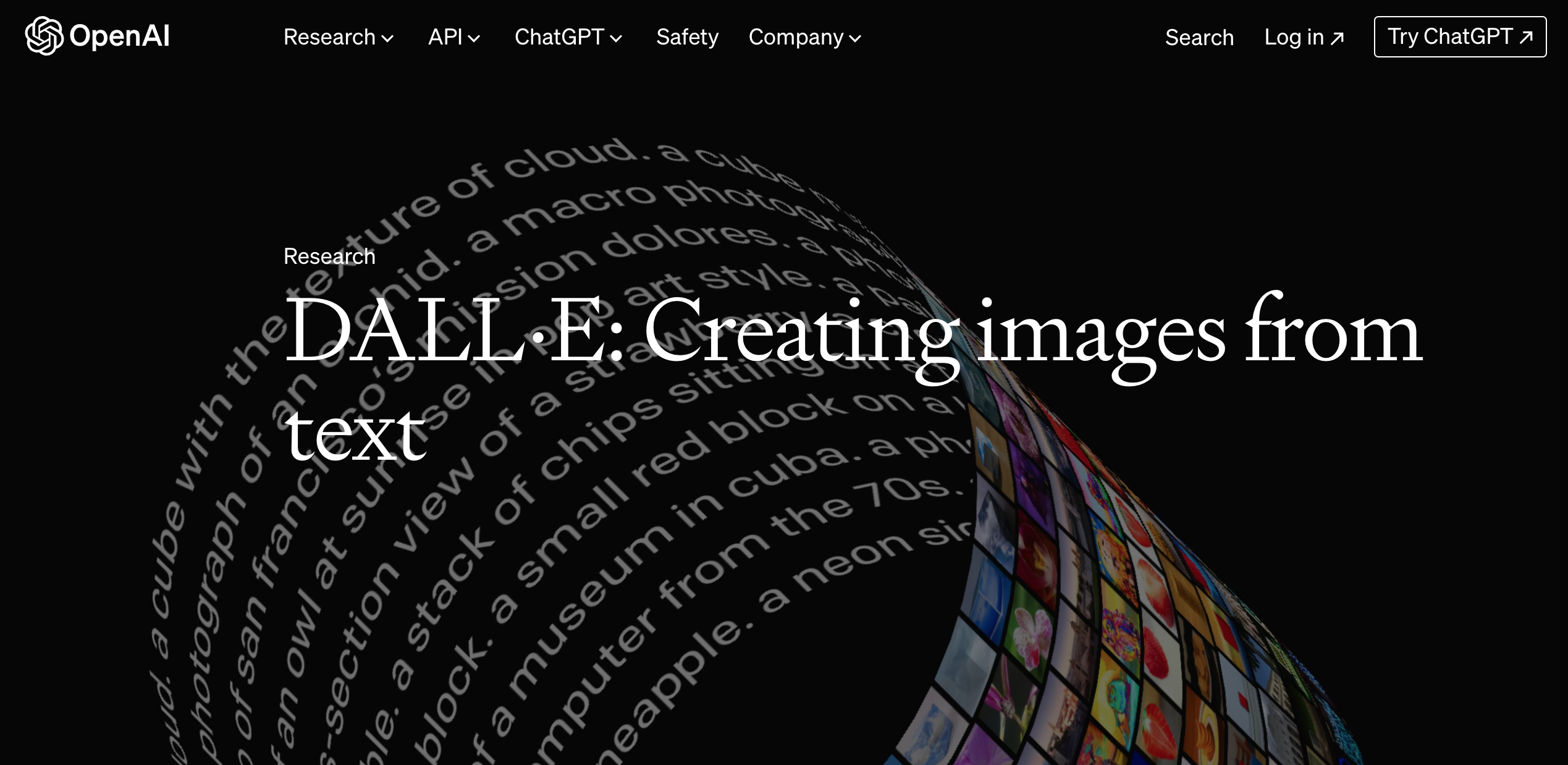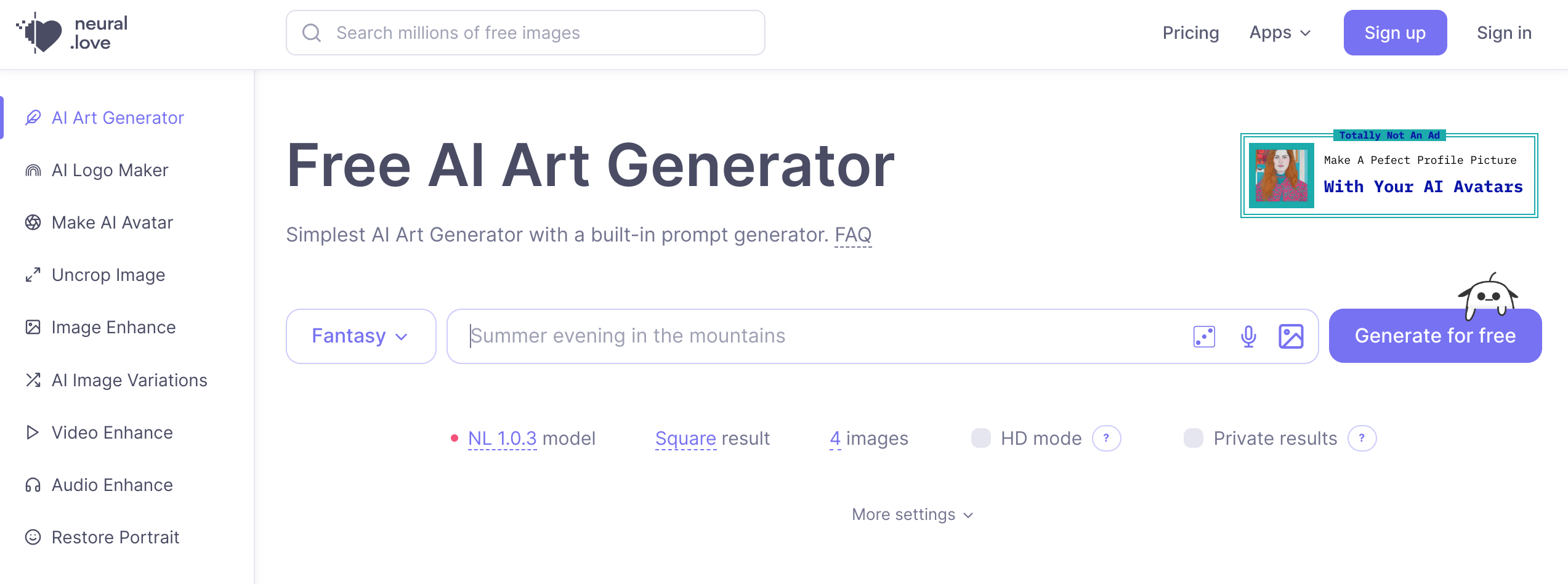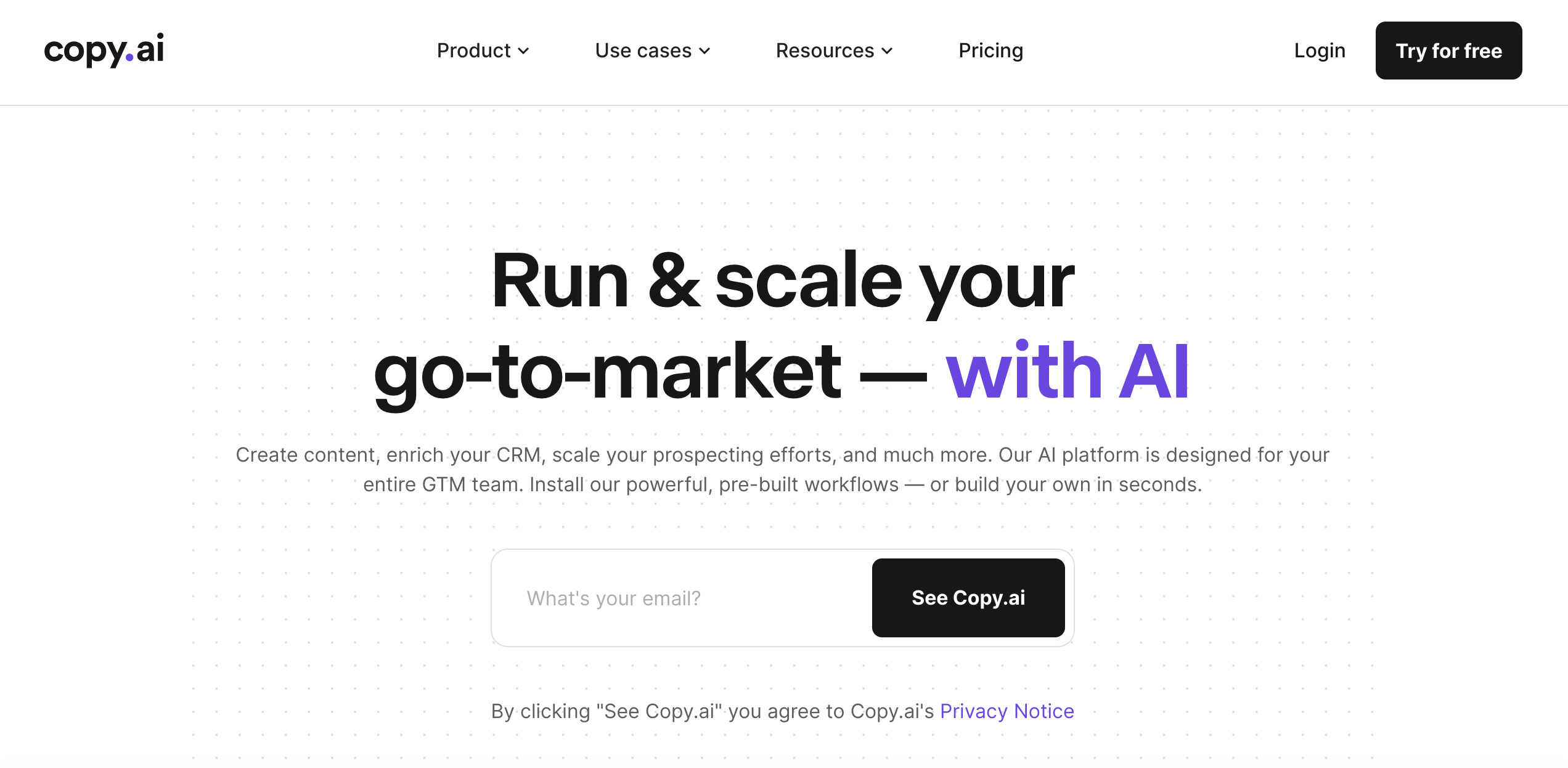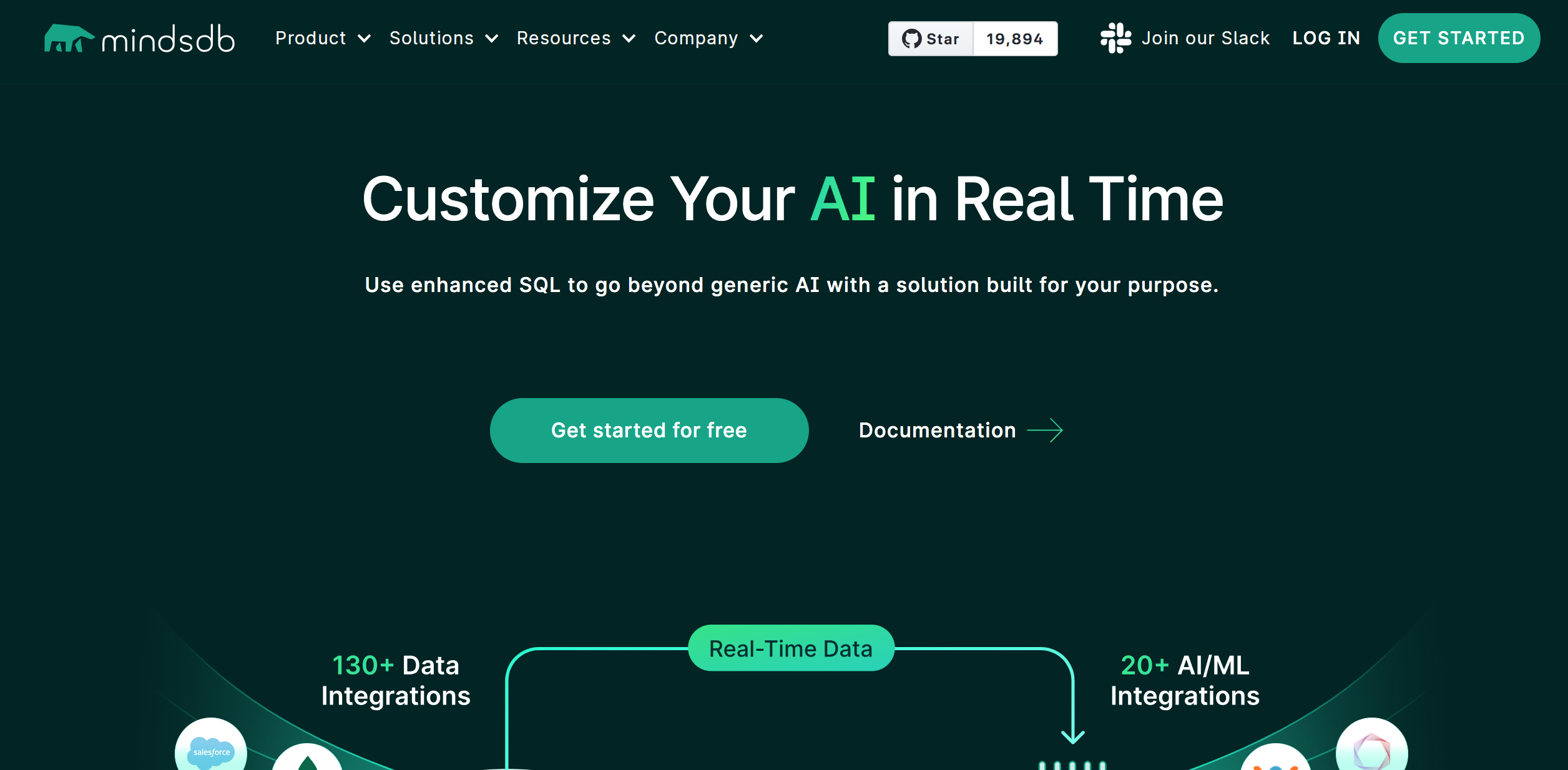Introduction
In today’s digital age, we are surrounded by systems that are either centralized or decentralized. From social media platforms to financial systems, the debate around the best approach has been ongoing. Centralized and decentralized systems have different characteristics, advantages, and disadvantages that must be considered when choosing between them. This article will explore the differences between centralized and decentralized systems and help you determine which is better.
Centralized Systems: Definition and Characteristics
A centralized system is a network where all operations are controlled by a single entity, such as a company or government. In a centralized system, all data and information are stored on a central server, which is controlled by the central authority. This type of system allows for easier management, control, and monitoring of all activities.
Some common examples of centralized systems include traditional banking systems, social media platforms like Facebook, and e-commerce websites like Amazon. In a centralized system, the central authority has complete control over the data and can monitor and censor content as it sees fit.
Decentralized Systems: Definition and Characteristics
A decentralized system, on the other hand, is a network where operations are not controlled by a single entity. In a decentralized system, information is stored across multiple computers or nodes, and decisions are made by a consensus of all participants.
Blockchain technology is a great example of a decentralized system. In a blockchain, transactions are verified and recorded by all participants in the network, eliminating the need for a central authority. This type of system allows for greater transparency, security, and privacy.
Advantages and Disadvantages of Centralized Systems
Centralized systems have several advantages, including:
- Easier management and control: Centralized systems are easier to manage and control, making them ideal for companies and organizations that require a high degree of control over their operations.
- Faster decision-making: With a central authority making decisions, centralized systems can make decisions faster than decentralized systems.
- Lower costs: Centralized systems can be more cost-effective than decentralized systems because they require fewer resources to operate.
However, there are also several disadvantages to centralized systems, including:
- Single point of failure: Centralized systems are vulnerable to attacks and system failures, as all operations are dependent on a single point of failure.
- Lack of transparency: Centralized systems can be opaque, making it difficult for users to know how decisions are being made or how data is being used.
- Limited privacy: Centralized systems often require users to provide personal information, which can be vulnerable to hacks and data breaches.
Advantages and Disadvantages of Decentralized Systems
Decentralized systems have several advantages, including:
- Greater transparency: Decentralized systems are more transparent, making it easier for users to understand how data is being used and how decisions are being made.
- Higher security: Decentralized systems are more secure than centralized systems, as there is no single point of failure.
- More privacy: Decentralized systems can offer greater privacy, as users can participate without providing personal information.
However, there are also several disadvantages to decentralized systems, including:
- Slower decision-making: Decentralized systems can be slower to make decisions, as all participants must reach a consensus.
- Higher costs: Decentralized systems can be more expensive to operate than centralized systems because they require more resources to maintain.
Which is Better: Centralized or Decentralized?
The answer to this question ultimately depends on the specific use case and goals of the system in question. Both centralized and decentralized systems have their advantages and disadvantages, and choosing between them requires careful consideration of the tradeoffs.
For example, centralized systems may be better suited for companies that require a high degree of control over their operations and can benefit from faster decision-making and lower costs. On the other hand, decentralized systems may be better suited for applications that require greater transparency, security, and privacy, such as blockchain-based financial systems.
It’s also worth noting that many systems may not necessarily be purely centralized or decentralized but may incorporate elements of both. For example, a social media platform may be centralized in terms of content moderation but decentralized in terms of data ownership and privacy.
Ultimately, the choice between centralized and decentralized systems depends on the specific needs and goals of the application in question, and there is no one-size-fits-all answer.
Conclusion
In conclusion, the debate between centralized and decentralized systems has been ongoing for years, with both approaches having their own advantages and disadvantages. While centralized systems offer easier management and faster decision-making, they are also vulnerable to attacks and lack transparency and privacy. Decentralized systems, on the other hand, offer greater transparency and security but can be slower and more expensive to operate.
The choice between centralized and decentralized systems depends on the specific needs and goals of the application in question, and it’s worth considering the tradeoffs between the two approaches carefully. Ultimately, the ideal approach may be a hybrid that incorporates elements of both centralized and decentralized systems to achieve the desired balance of control, transparency, security, and privacy.

